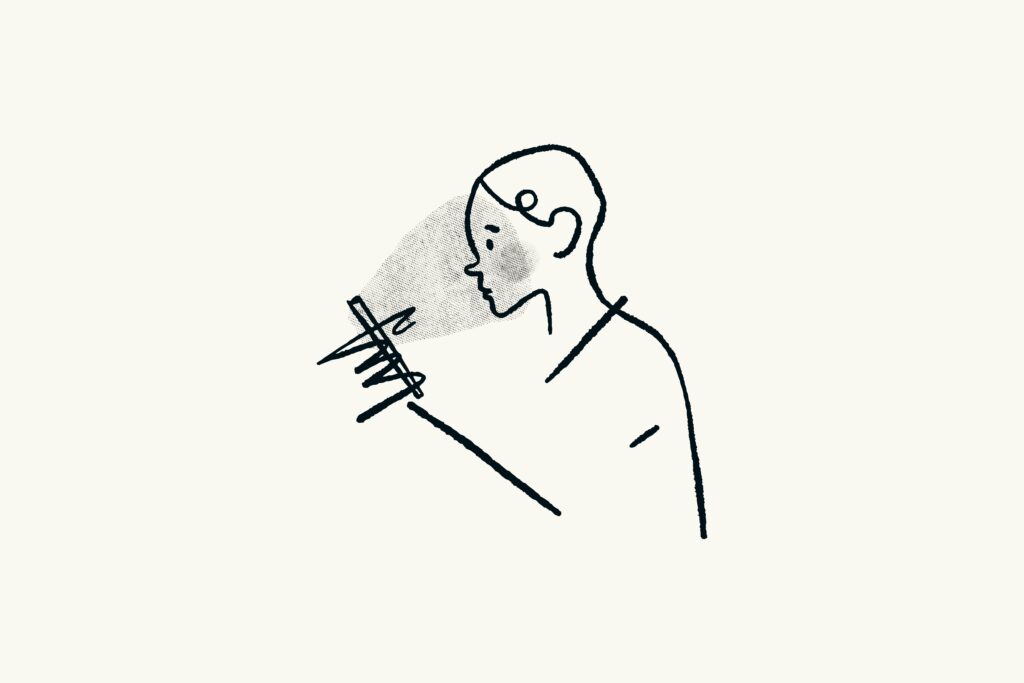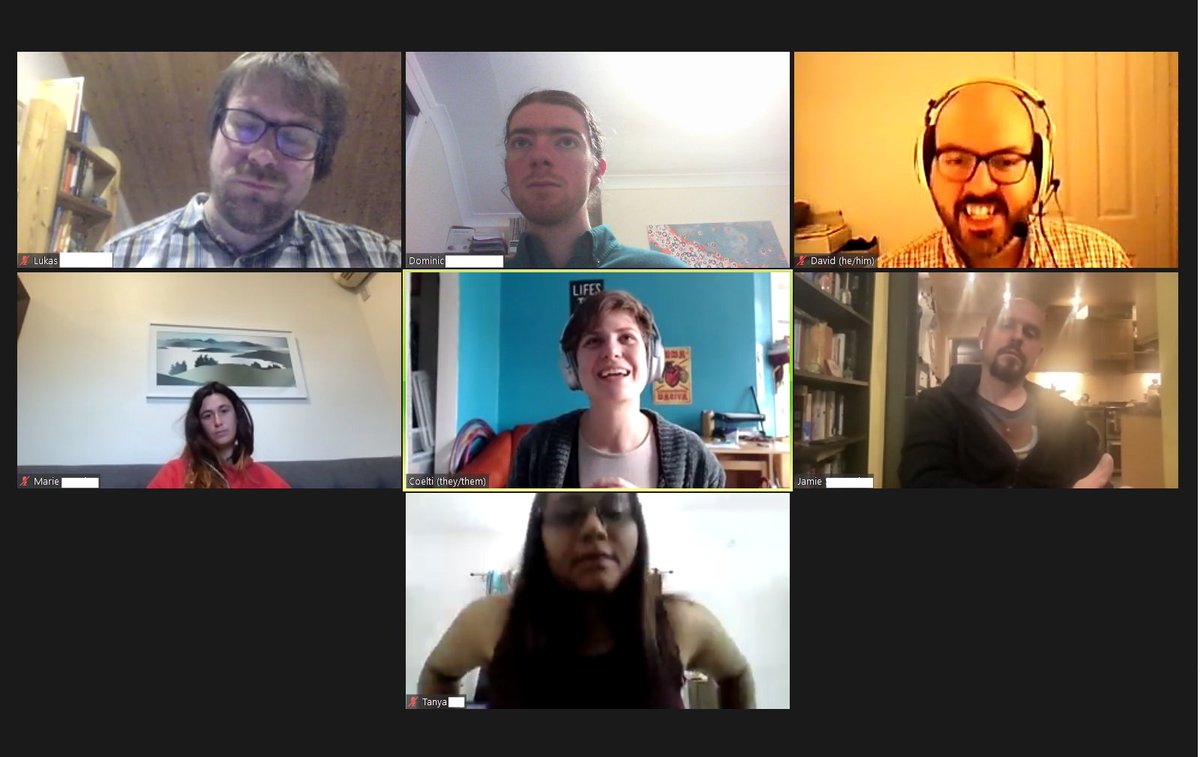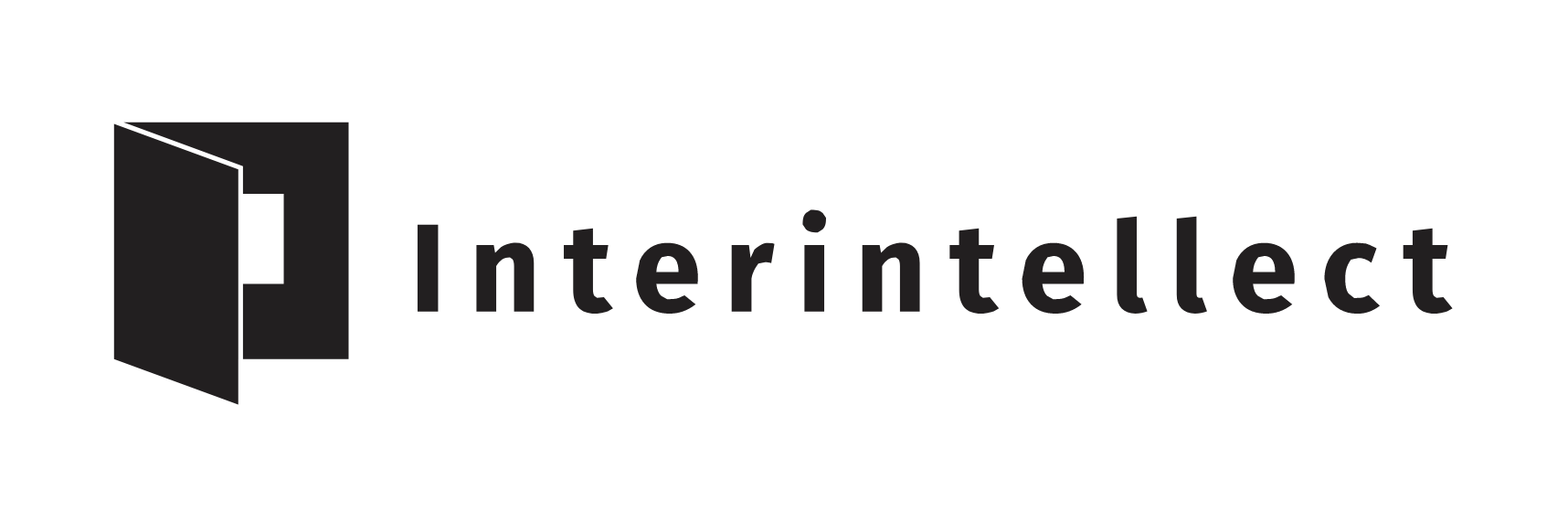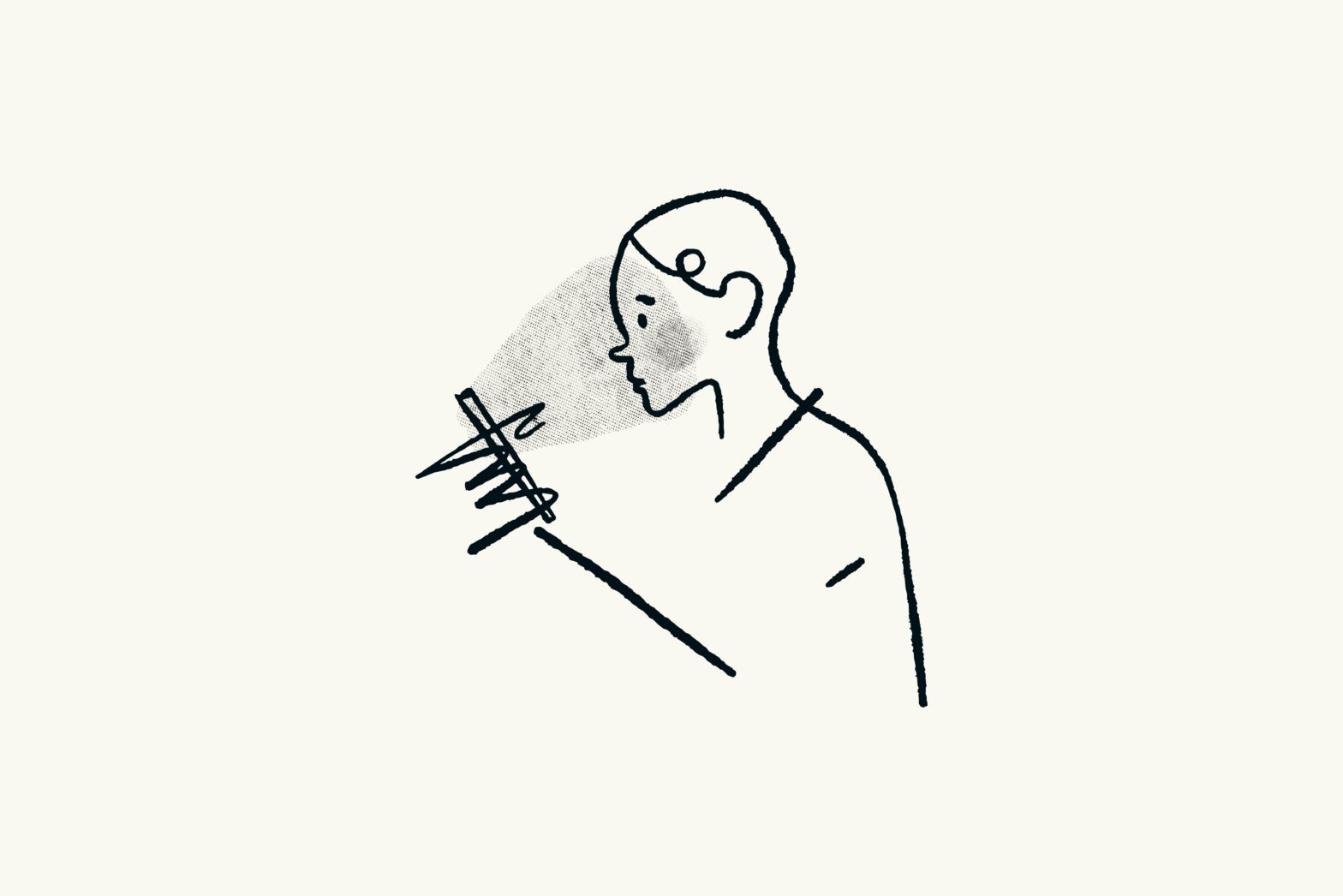
First published on fellow Interintellect Lukas Rosenstock‘s blog.
Interintellect member Dominic Duffin hosted his first salon. The topic was “Our Spaces on the Internet: Personal Websites and Social Media”. I was curious about this discussion, considering my engagement in various social networking apps, communities, and the IndieWeb. We started the salon, one of the smaller ones, by sharing our online spaces. Some of us had websites. Others were active social media users, and some just curious.
Within the group, there seemed to be a trend towards a unification of our online identity. One participant mentioned two websites, another had three Twitter accounts, but they want to combine them. I’m not sure if this trend is general, but people are willing to show a more holistic image instead of limiting them to one aspect. Undoubtedly, the Interintellect, with its emphasis on multifaceted people and interdisciplinary thinking, is to blame.

However, the ability to bring your whole self to the Internet is a privilege and depends on your risk budget. For example, you need to decide whether or not to show less proud parts of your past. There is a cultural difference in how much, for example, employers are will to accept. Also, you’re less likely to experience adverse effects from your non-professional online activities in an in-demand industry.
In other parts, the online presence became more sanitized, more corporate, with people trying to establish a professional identity. That is in stark contrast with the Internet of the 90ies which was a wild west that had no professional aspects for most people. Of course, people still build purely personal websites, but they are comparatively rare. Enormous social media companies, now turned cultural forces, drove standardization of online representation. However, can Facebook and Instagram represent us? And should Silicon Valley have that much power?
The IndieWeb and decentralized social networks like Mastodon can be a solution. However, it’s almost impossible to avoid mainstream social media in some professions and industries, so you have to use them even if you don’t love them. And there’s value in them for networking because they provide additional context compared to, let’s say, a cold email when reaching out to people. Next, you can leverage these networks and funnel your audience into a place you control. The IndieWeb community, for example, promotes POSSE: Publish On (Your) Own Site, Syndicate Elsewhere.
When it comes to the spaces under our control, we talked about building websites that are fun to explore and feel like the person they represent but are still cohesive. It’s nice to put some fun elements and show off what you can do. However, that begs the question of how website building skills create a divide between those who have them and the rest. Hiring a developer doesn’t seem to have a good track record. Doing it yourself using no-code tools like Squarespace and WordPress seems to be better. It’s also crucial to only build what you can maintain. Otherwise, your website becomes stale.
Our personal spaces also suffer from decreasing attention spans and instant gratification from social media. Asking our audiences to jump from a social media app to our websites can already be too much friction. That’s an unsolved problem.
Finally, we talked about real names and pseudonyms. The loss of pseudo-anonymity has been a massive issue with the expectation of using real names online in public spaces. That’s why the cozy web, the parts of our online lives hidden from the public, is growing as well. To explain the naming shift, I suggested a model of three generations. The first is online-only, a parallel world where the first nerds interacted solely through pseudonyms – from early BBS to IRC. The second generation is offline-first, where online spaces primarily represent our offline social circles – think Facebook. The third generation is hybrid communities, where people virtually interact under their real identities and may eventually meet in the real world. Online and offline is no longer a different sphere but just two different modes of interaction.
Dominic may be following up with other salons on related topics, so make sure you stay tuned to the Interintellect.

